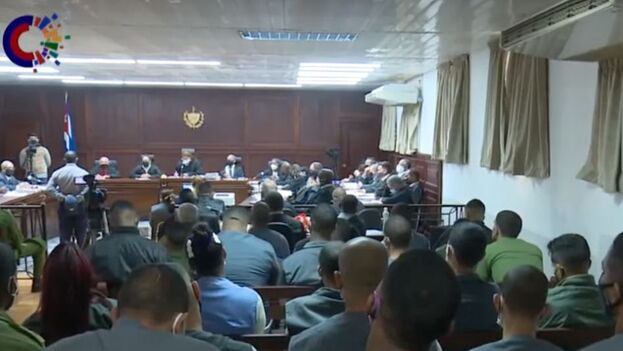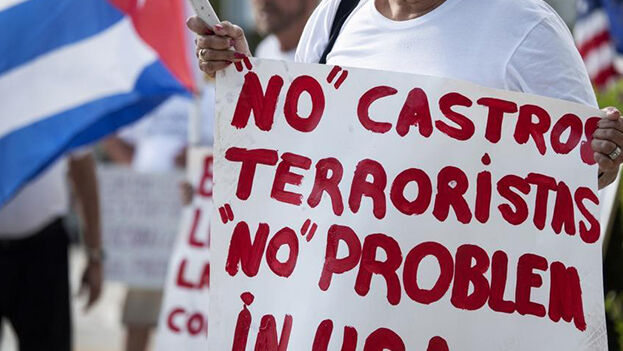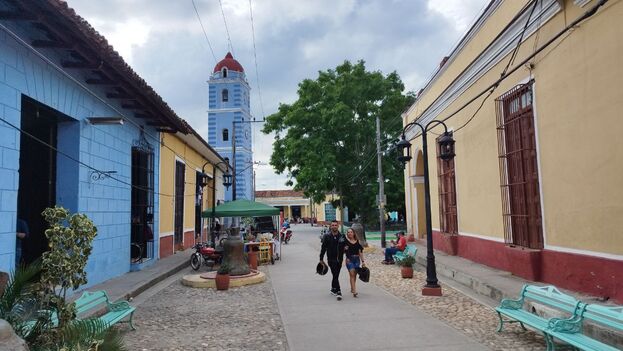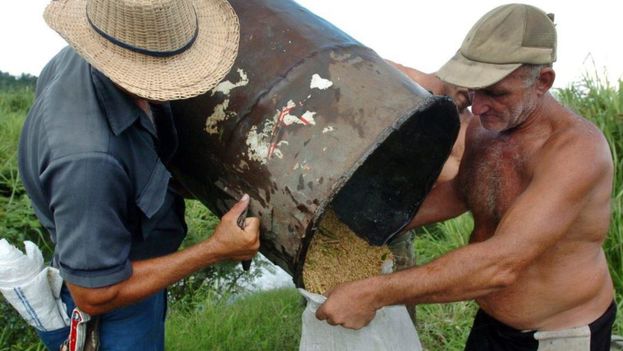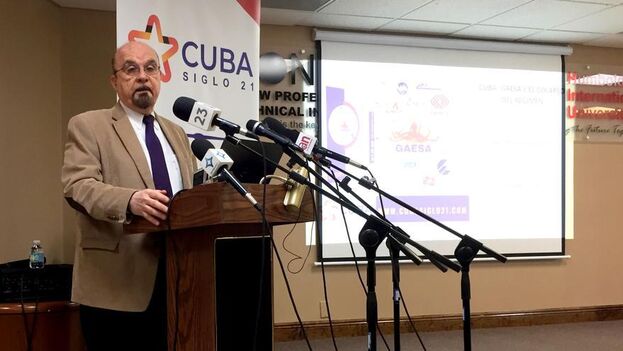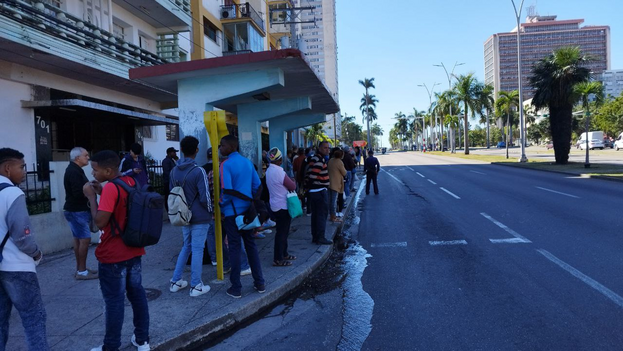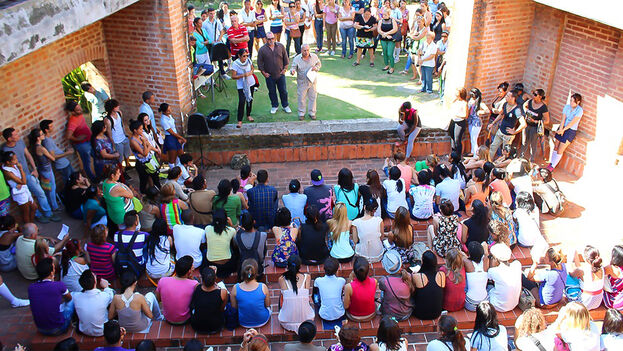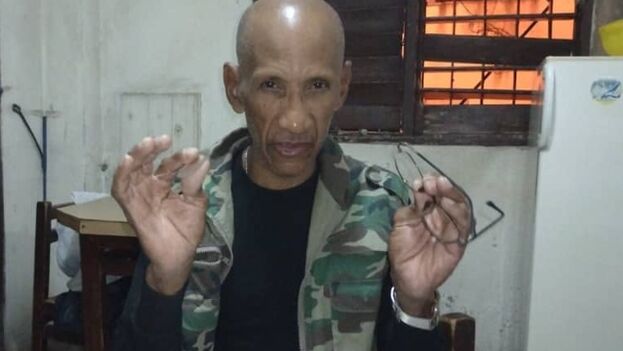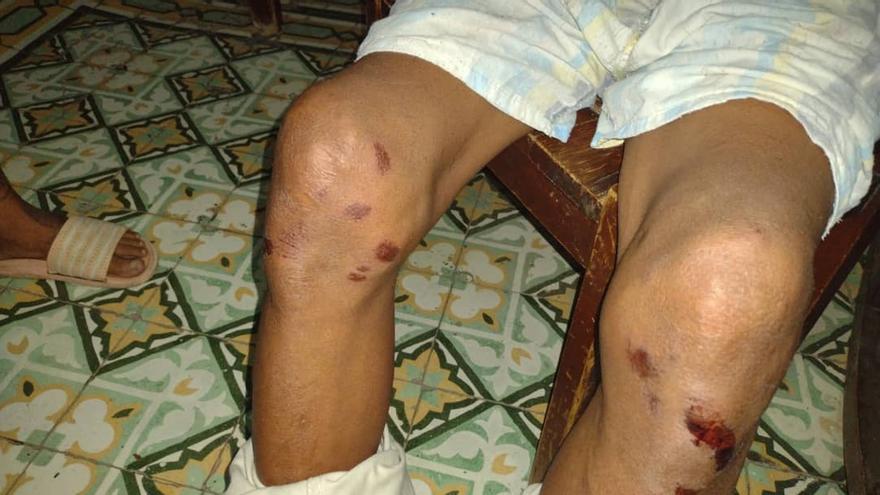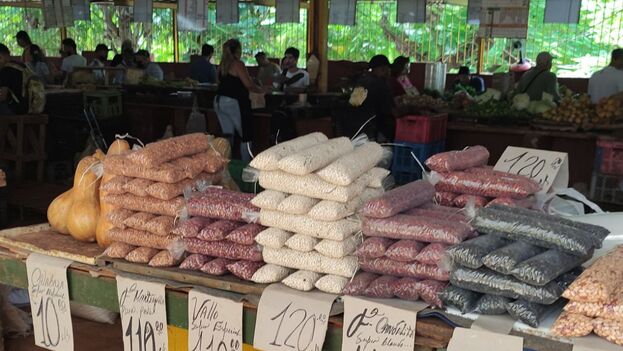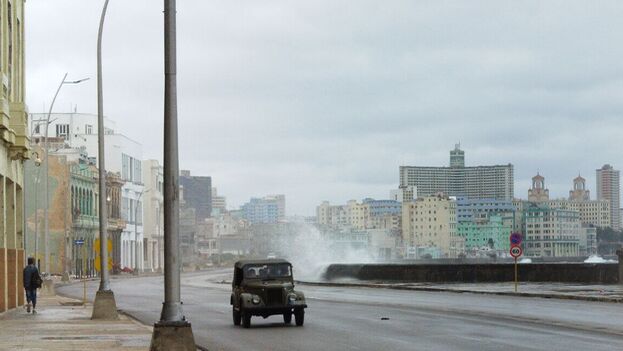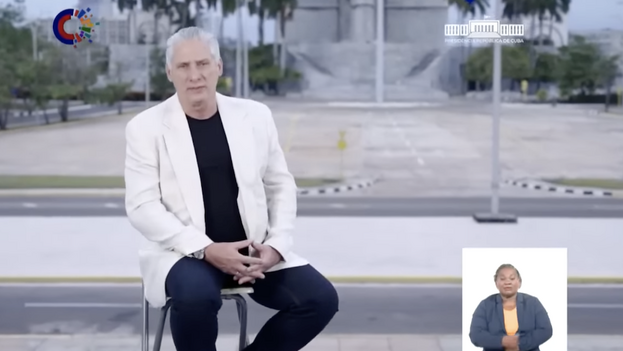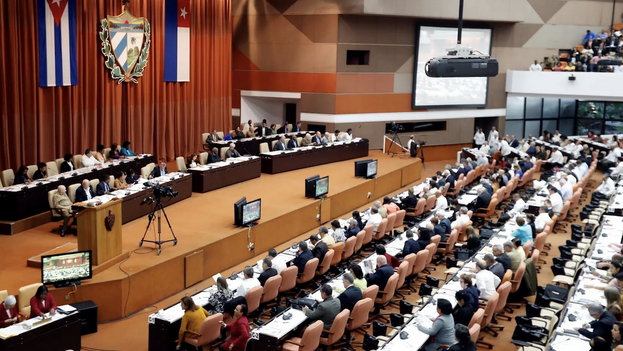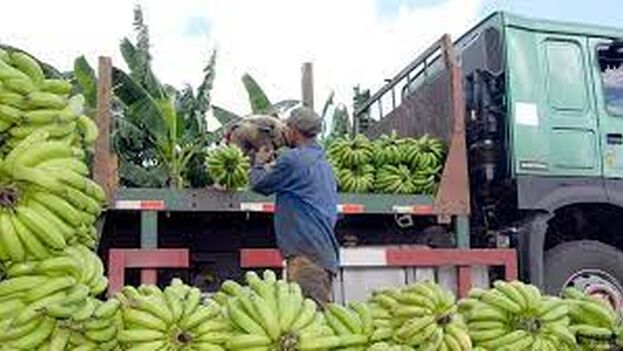
![]() 14ymedio, Madrid, 23 January 2023 — Of 1,700 state owned businesses in Cuba, 480 ended 2022 with losses, although this was predicted for only 87 of them last year and 83 this year, which already makes us fear the worst. In Ciego de Ávila, specifically, just 21 of them lost more than 600 million pesos in 2022, although the prediction was six, according to a special report published Saturday by the local press. Furthermore, of the 80 businesses in the province, 41 did not meet their net sales goals.
14ymedio, Madrid, 23 January 2023 — Of 1,700 state owned businesses in Cuba, 480 ended 2022 with losses, although this was predicted for only 87 of them last year and 83 this year, which already makes us fear the worst. In Ciego de Ávila, specifically, just 21 of them lost more than 600 million pesos in 2022, although the prediction was six, according to a special report published Saturday by the local press. Furthermore, of the 80 businesses in the province, 41 did not meet their net sales goals.
Among those bleeding out, are Agroindustrial Ceballos, for years one of the most successful businesses on the Island, which in 2021 was already in the red and needed to let go of up to 800 workers. Last year, they ended the year with 69 million in losses.
Ahead of them, and in the lead, is La Cuba, another not-so-new business which appears on the list despite its “historical splendor,” which lost 73 million pesos. It its case, it was affected by the potatoes that rotted due to rain and lack of fertilizer, but especially, that “to obtain one peso they must spend more than four,” according to Susivey Márquez Toledo, a provincial government specialist, who warned that they must review which products are maintained and which are not, because it is impossible to continue like this. The report revealed that even bananas sold to the tourist sector were sold at a loss due to indirect costs that were not taken into consideration and for which the Ministry of Tourism paid less than what was needed.
The report claims that the losses were due to centralized planning. Avícola lost 29 million pesos trying to avoid it, justified director Leyda Martínez Arnáez, who months ago had warned that the cost of eggs in the approved plan was almost 2 pesos or even 3, for which the more the government pays, the more it loses. continue reading
Agropecuaria de Chambas bemoaned a similar situation in which it lost 26 million. “The real count of cattle made them realize that the numbers, with their plans, said one thing and they, in the paddocks had something else: 2,000 fewer head of cattle, for which the value was calculated at the slaughterhouse, or the price of the 550 liters of milk which each absent cow should have produced,” exposes the report, which reproached the company for not having made realistic plans.
The long report pauses in describing the history of Alimentaria, which had to diversify its activities to contain their losses, an obligatory path that allowed them to reduce their losses from 34 million to 14 million pesos, although 300 workers left the organization “tired of earning a little over 2,000 pesos per month.” Its new director, Rafael Pina Jova, already anticipates a return of the big losses. From January 1st to January 13th all bakeries and confectioners in the province were paralyzed due to a lack of raw materials, until that Friday when flour production resumed with the cassava that arrived.”
“And do you believe that, like this, we will meet our plans, generate income or avoid losses? I see myself sitting in the February meeting, once again in the group of businesses with losses, and the one who failed to provide sugar or flour or fuel will be nowhere to be found…,” protested the manager. Pina Jova adds that meeting their demands would require having their own production because not even cassava, which was planted in large quantities on the Island, arrives because the prices are inaccessible. For 2032, they foresee losing 300 employees.
The official also reminded us of how they associated with the Empresa de Bebidas y Refrescos (Ember) [Beverages and Soft Drinks Company] to sell vinegar. With seeds from guava and tomatoes, with papayas and bananas from Alimentaria, they made the product which was sold in Ember jars.
The only business that survives this “sad saga”, as the daily Invasor refers to the situation, is Porcino, which has reversed the bad numbers by devoting themselves to other activities, including beekeeping. According to that newspaper, although many complain of the lack of pork, they should understand that while the feed and pre-fattening arrives, something has to be done for the business to survive.
Yusmey Hidalgo Rodríguez, deputy director of the Organización and Retribución del Trabajo [Organization and Redistribution of Labor] in the province reproached the many companies that did not want to do the same. “More than 40 companies did not engage in secondary activities; that is, they continued with just one activity, despite the need to increase income, and also to distribute profits,” he complained.
Furthermore, the official complained that others had not adopted the measures of defining employee salaries, one possibility that could be adopted by those who “do not foresee losses, log profits, contribute investment through their production, and have reliable accounting systems.” The Provincial Supply and Services Company for Education is one of the 14 that have decided to apply this incentive and it has gone from 10 to 100 million pesos in benefits. But cases like this are a drop in the ocean.
Translated by: Silvia Suárez
____________
COLLABORATE WITH OUR WORK: The 14ymedio team is committed to practicing serious journalism that reflects Cuba’s reality in all its depth. Thank you for joining us on this long journey. We invite you to continue supporting us by becoming a member of 14ymedio now. Together we can continue transforming journalism in Cuba.

